Activism: Civil Rights
Peace Movement in the United States
Throughout the twentieth century, Jewish women played a major role in American peace organizations and movements. Jewish women have also been in prominent roles advocating for peace between Israel and Palestine, both in the Knesset and with private organizations.
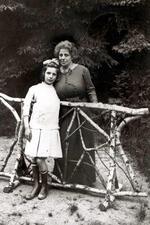
Justine Wise Polier
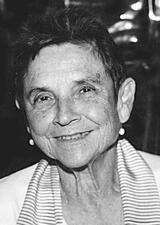
Adrienne Cecile Rich
Adrienne Rich was an influential poet, thinker, and political activist. In her essays and poems, Rich explored the intersections of the personal and the political, focusing in particular on questions of identity while drawing on her own experiences as a woman, a lesbian, and a Jew.
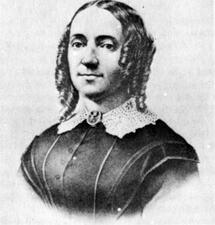
Ernestine Rose
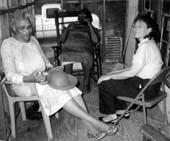
Vivian Leburg Rothstein
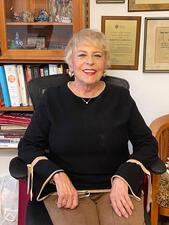
Marilyn Safir
Marilyn Safir is an American psychologist who played a critical role as a feminist activist in sparking the Israeli women’s movement and in establishing the academic field of women’s studies in Israel. Her academic career has focused on sex, sexuality, and gender.
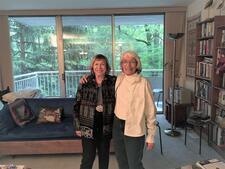
Bernice Sandler
Bernice (Bunny) Sandler was an activist and education expert who theorized Title IX of the Education Amendments Act of 1972, the federal law that mandates sexual equality in educational institutions that receive federal funding. As such, Sandler was an architect of the 1970s feminist “women’s liberation” movement. She continued to fight sex discrimination in education in the following decades, especially on issues of racial inequity and sexual assault.
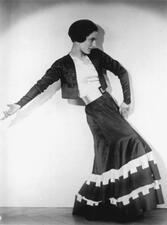
Angiola Sartorio
Angiola Sartorio was a prolific dancer, teacher, and choreographer who subverted fascism in her artistic choices. Sartorio had a company and school, and her company was widely well-received in Italy until it performed for Hitler in Vienna and she had to flee to the United States.

Ottilie Schönewald
Deeply involved in several women’s and Jewish organizations, Ottilie Schönewald was an activist who became a politician to advance her causes. She worked with the League of Jewish Women and helped Jews emigrate from Nazi Germany. After Schönewald and her family fled in 1939, she continued her social work during and after the war.
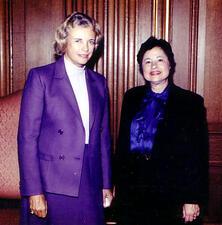
Florence Schornstein
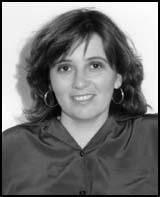
Debra L. Schultz
Ethel Baskin Schwartz
Felice Nierenberg Schwartz
Recognizing the hurdles that can stop women from achieving, Felice Nierenberg Schwartz founded Catalyst, an organization to help women with children enter the workforce, created a national network of resource centers and programs to enable women to work part time, and advocated for working mothers in her widely published writing.
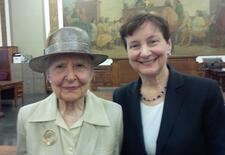
Shirley Siegel
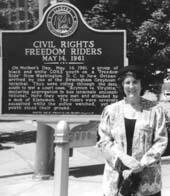
Carol Ruth Silver
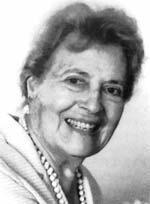
Virginia Snitow
Virginia Levitt Snitow was a multifaceted woman who was a teacher, political activist, pre-Second Wave feminist, poet, writer and founder of US/Israel Women to Women. Ahead of her time in the fight for both civil and women’s rights, Snitow was unafraid to take unpopular stances when fighting for others.

Judy Somberg
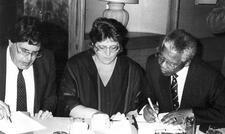
South Africa
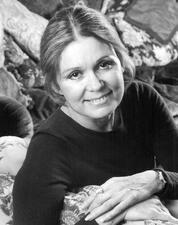
Gloria Steinem
Gloria Steinem was a leader of second-wave feminism and the co-founder of Ms. Magazine, the first feminist periodical with a national readership. As a journalist and spokesperson, she mobilized a generation of women to advance the cause of women’s liberation. Steinem has worked tirelessly all her life as an advocate for change.
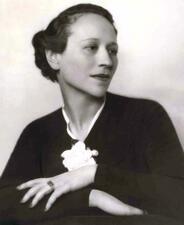
Edith Rosenwald Stern
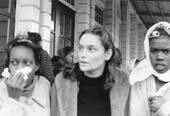
Harriet Tanzman
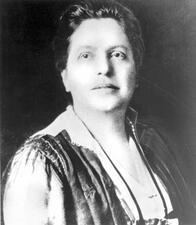
Lillian D. Wald
Guided by her vision of a unified humanity, Lillian D. Wald passionately dedicated herself to bettering the lives and working conditions of immigrants, women, and children. She founded the Henry Street Settlement in New York City and initiated America’s first public-school nursing program. A talented activist and administrator, Wald’s pathbreaking work continues to be memorialized.
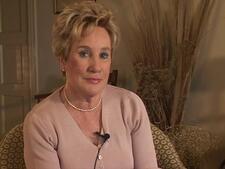
Miriam Waltzer

Anita Weinstein

Cora Wilburn
Cora Wilburn was one of the most prolific American Jewish women writers of her time. Much of her work appeared in secular and Spiritualist publications, but during her final decades she published poetry in Jewish publications. Her autobiographical novel, Cosella Wayne, published serially in 1860, is the first coming-of-age novel to depict Jews in the United States.


